
- Article
- Article
When kids are offered free cosmetic surgery
When they were a child, Jasmine Owens’ dentist offered to break their jaw – for free. It would make them look better, he said. Read on to find out whether or not they agreed.

- Article
- Article
Disturbed minds and disruptive bodies
Prison officers tried to regulate women’s minds and bodies and maintain a new disciplinary routine in the second half of the 1800s.
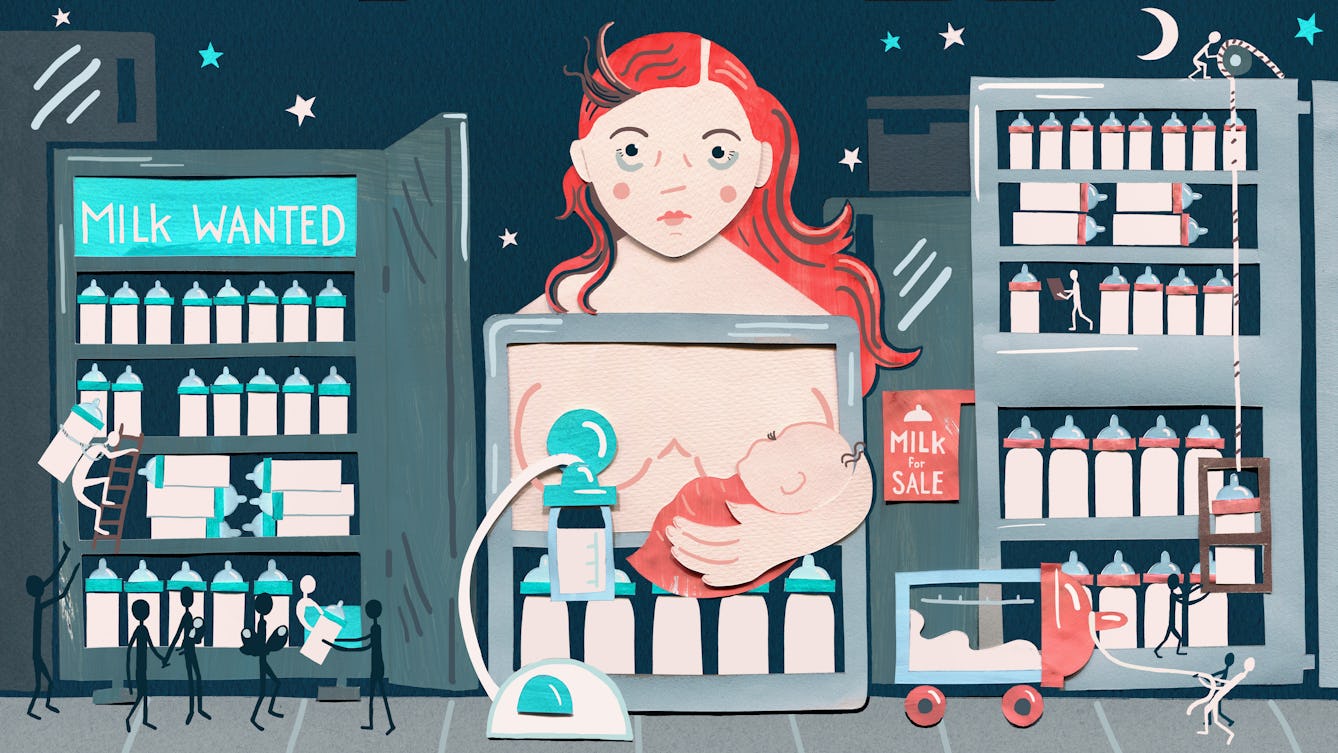
- Article
- Article
A freezer full of breastmilk
When new mum Alev Scott began pumping her milk between feeds, she soon found she was freezing more breastmilk than her baby would ever need. So Alev began to investigate ways to share her oversupply.

- Article
- Article
Why pandemic denial is nothing new
Could today’s Covid-deniers be taking lessons from history? After all, it’s nearly 200 years since frustrations at a cholera-induced lockdown erupted in Sunderland.
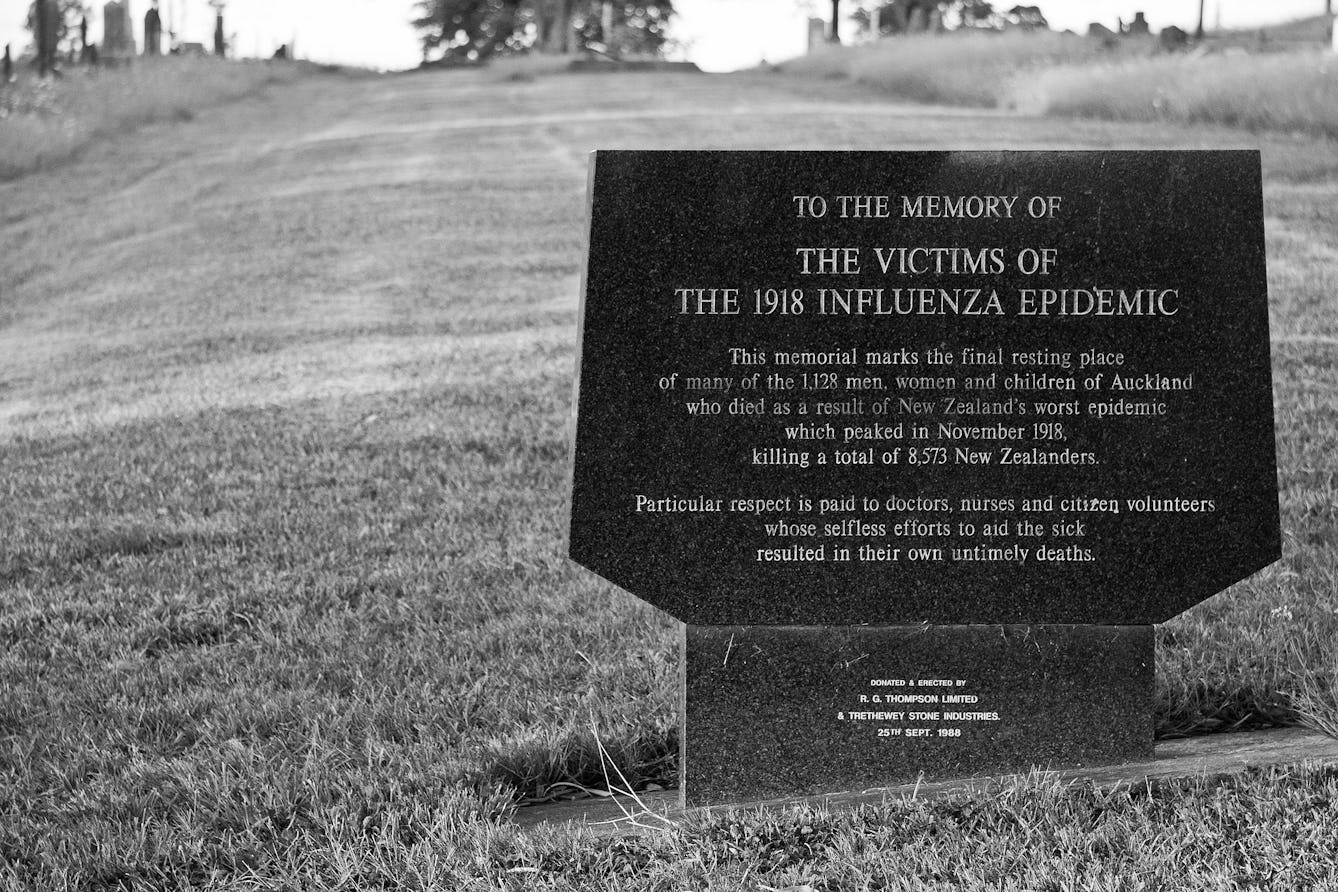
- Article
- Article
Why the 1918 Spanish flu defied both memory and imagination
The Black Death, AIDS and Ebola outbreaks are part of our collective cultural memory, but the Spanish flu outbreak has not been.
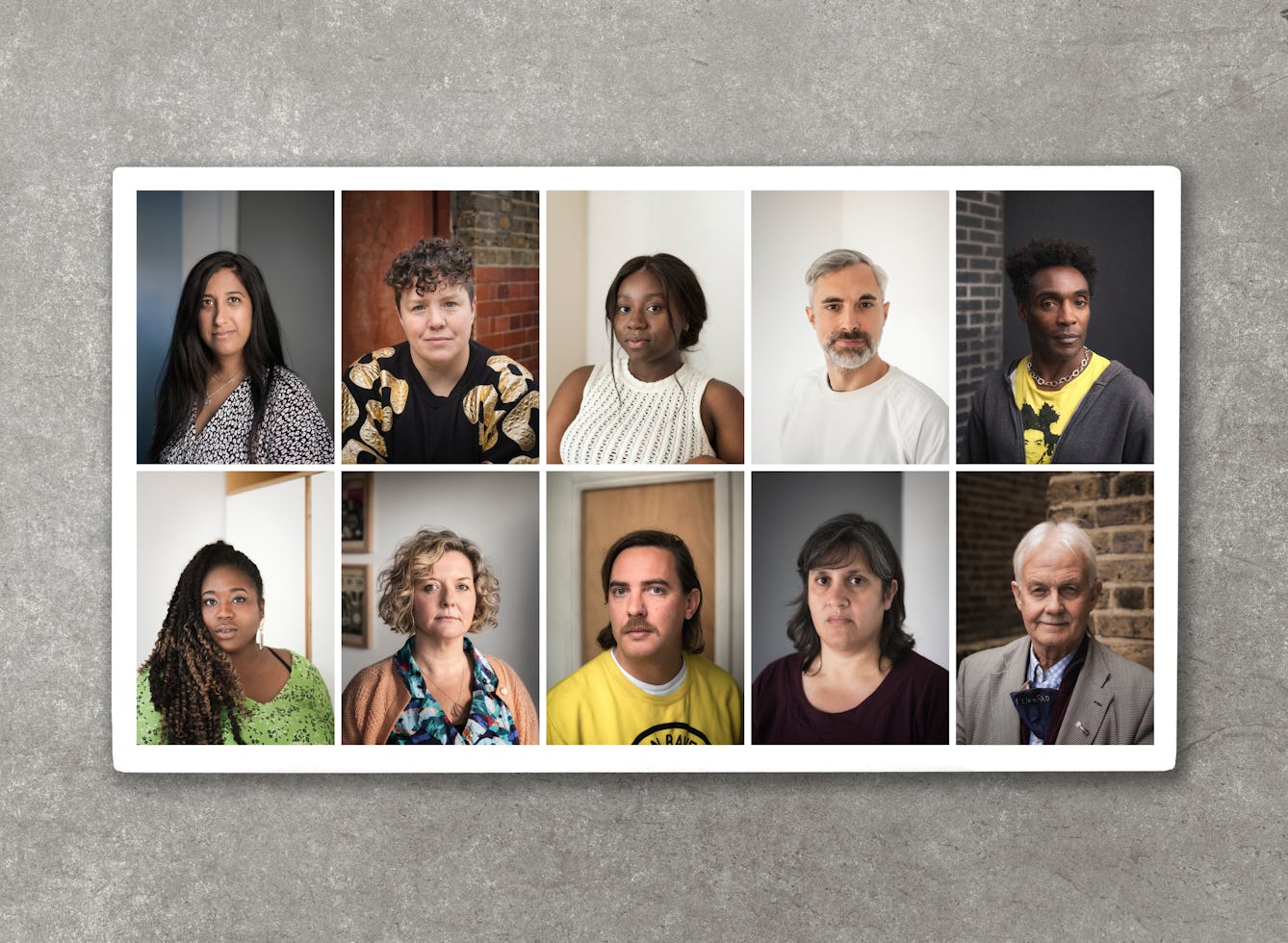
- Article
- Article
Care, creativity and a connected world
Find out about the challenges Wellcome Collection has faced during the last very demanding year.

- Article
- Article
The child whose town rejected vaccines
Gloucester, 1896. Ethel Cromwell is taken ill at the height of Britain’s last great smallpox epidemic.

- Article
- Article
Society, not Covid-19, makes us vulnerable
Rick Burgess coped with the death of his mother in February 2020 by immersing himself in the task of protecting his community from Covid-19 and challenging the government's failure to protect and support elderly and Disabled people during the pandemic.

- Article
- Article
The tower in fiction, film and life
The high-rise estates born of postwar idealism soon became symbols of crime and squalor. But after one terrible tragedy, public bodies are being forced to rethink our towers.

- Article
- Article
Cowpox, Covid-19 and Jenner’s vaccination legacy
The well-known story of vaccination pioneer Edward Jenner has at its heart his drive to make vaccines free of charge and available to all. Now his principles extend to the global campaign for a people’s patent-free vaccine for Covid-19.
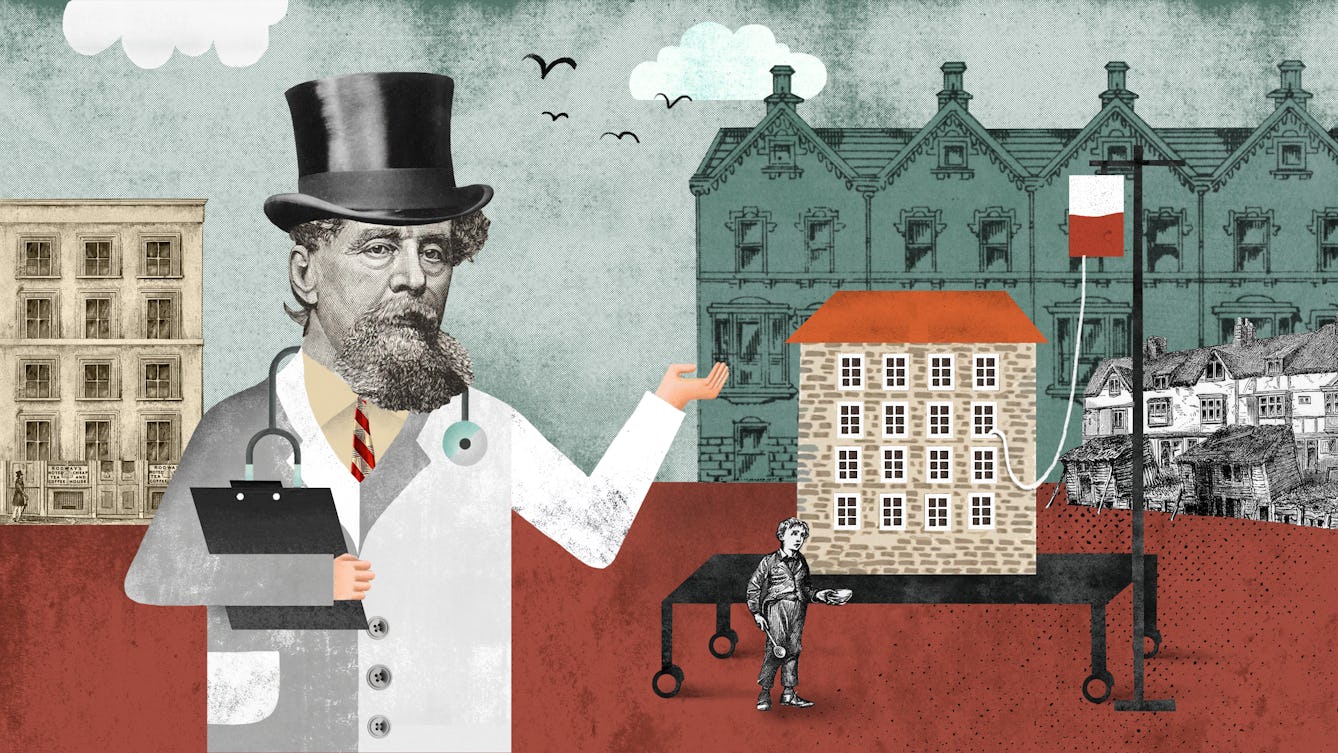
- Article
- Article
How slums make people sick
A newly gentrified corner of Bermondsey leaves little clue to its less salubrious history. But a few intrepid writers recorded the details of existence in one of London’s most squalid slums.
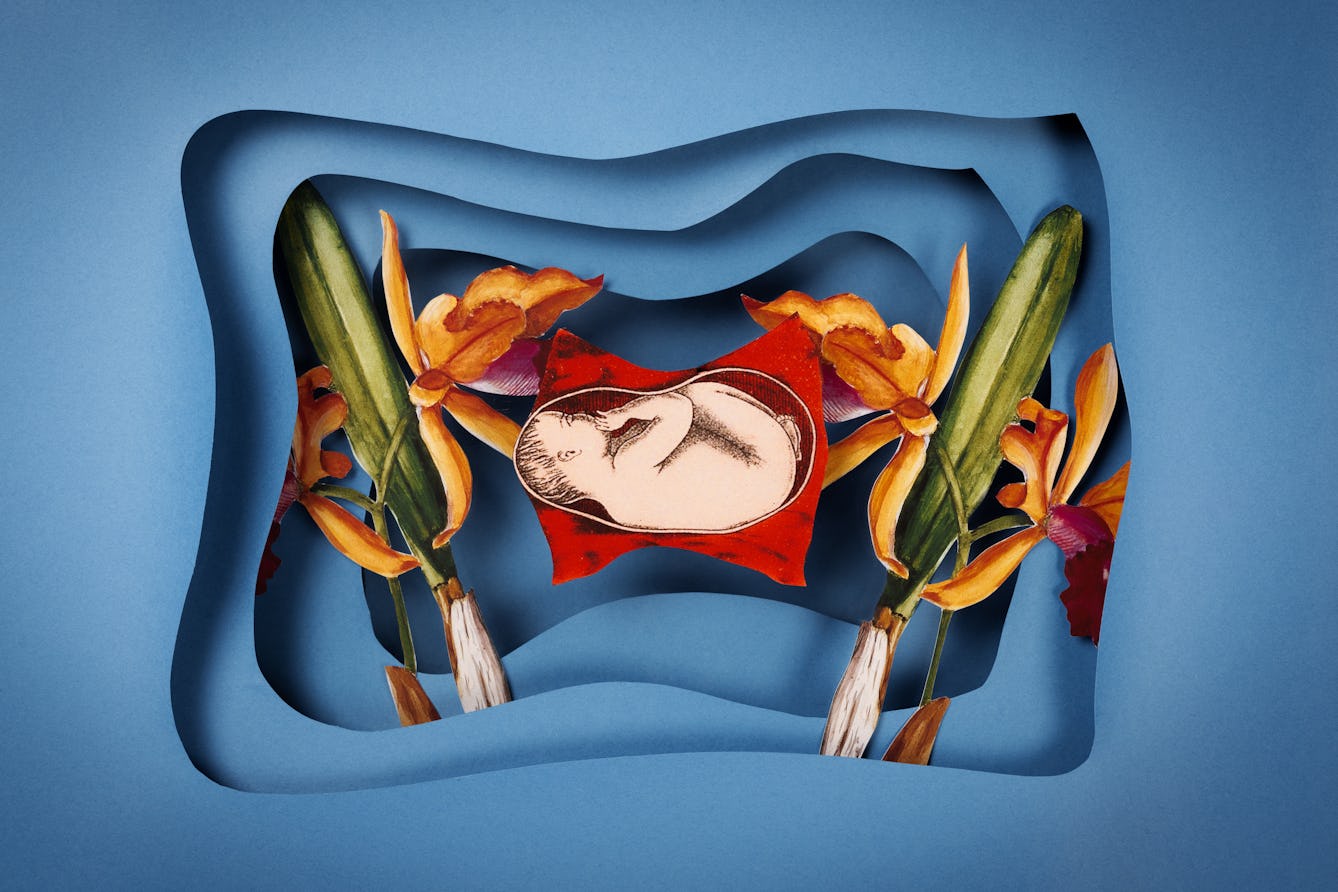
- Book extract
- Book extract
Of incubators, orchids and artificial wombs
In this extract from Claire Horn’s new book, ‘Eve: The Disobedient Future of Birth’, she traces the development of the artificial womb, soon to become a reality.
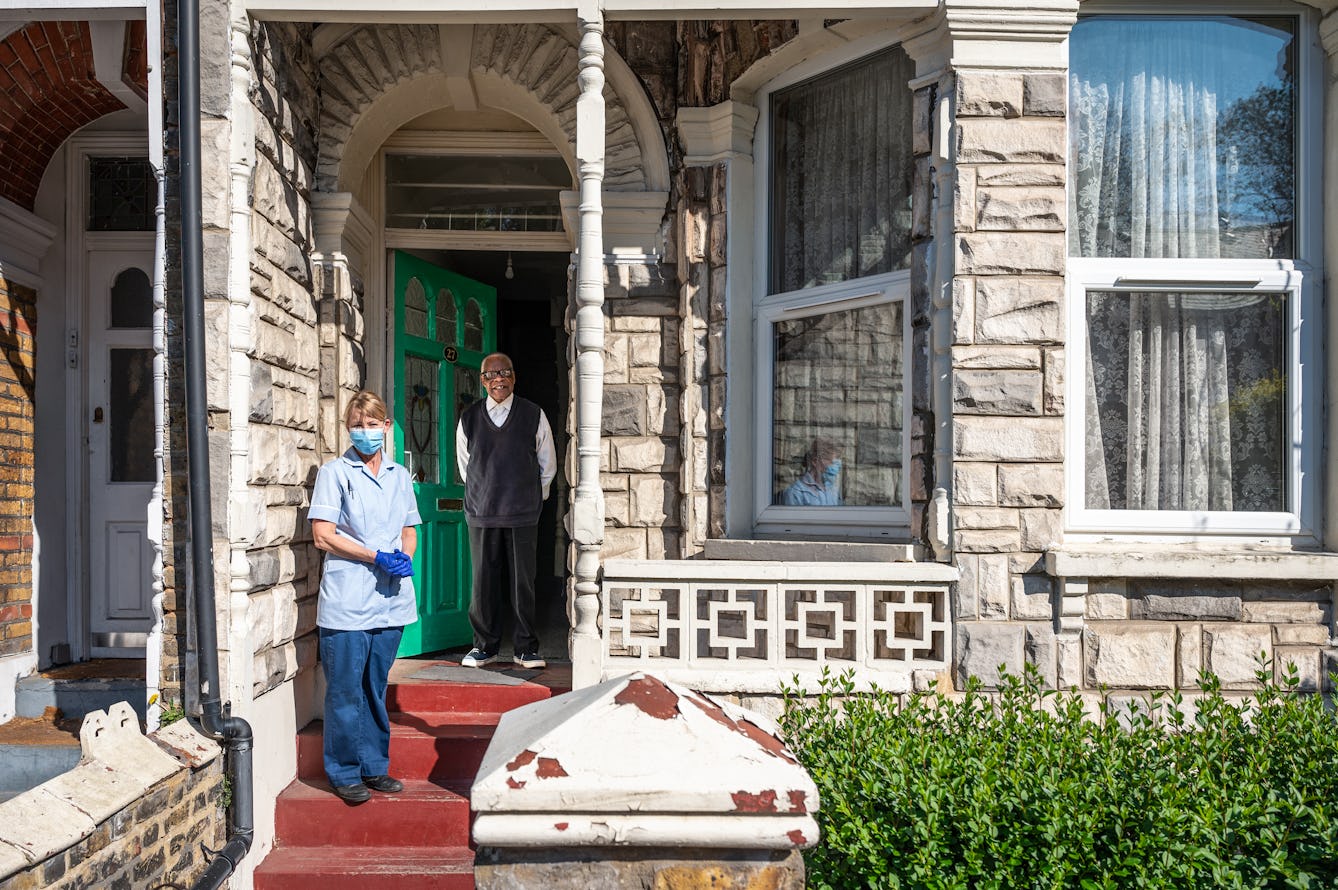
- Book extract
- Book extract
How to stay together while keeping apart
Vivek Murthy explores how we can keep physically distant while staying emotionally connected.

- Article
- Article
Intelligence testing, race and eugenics
Specious ideas and assumptions about intelligence that were born during the great flourishing of eugenics well over 100 years ago still inform the British education system today, as Nazlin Bhimani reveals.
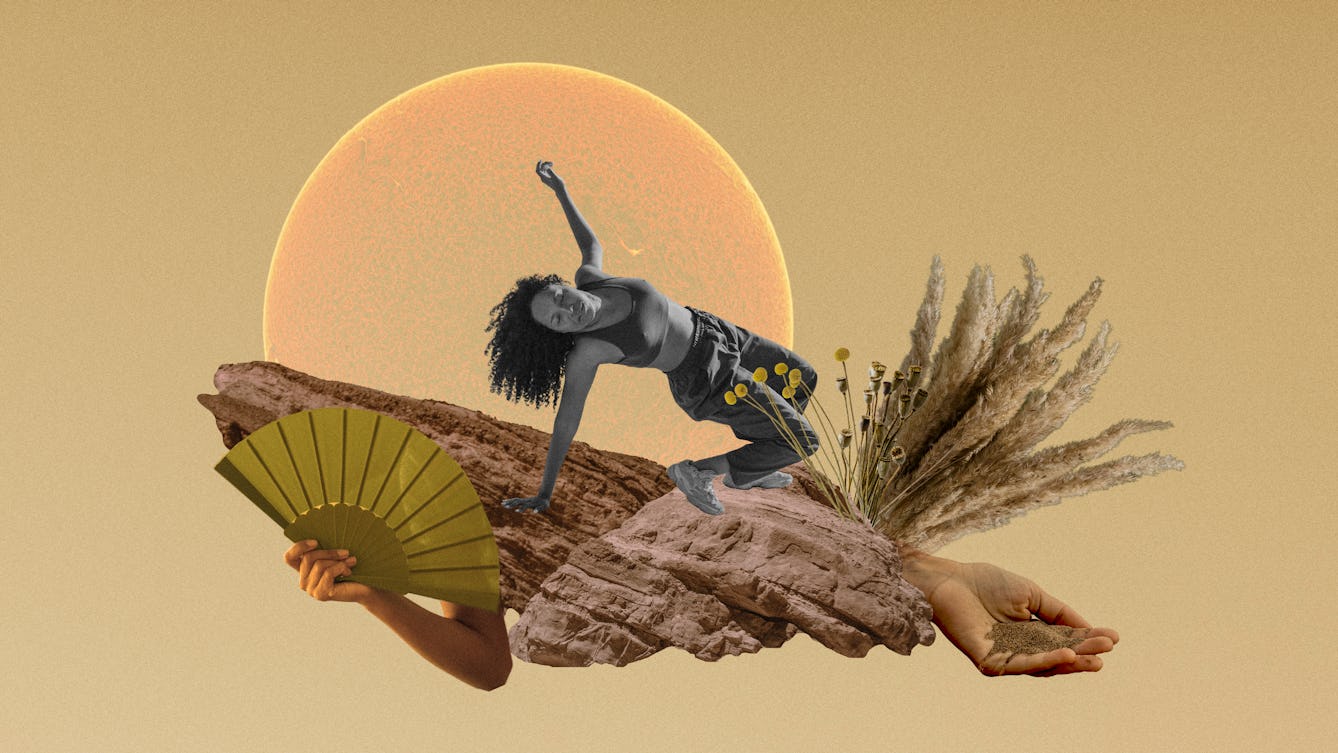
- Article
- Article
Heating up and drying out
Menopause doesn’t have to signify old age, but when your body feels like it’s letting you down, it’s hard not to believe that your useful life may be over.

- Article
- Article
Deadly doses and the hardest of hard drugs
The invention of the modern hypodermic syringe meant we could get high – or accidentally die – faster than before. Find out how this medical breakthrough was adapted for deadly uses.

- Article
- Article
When wounds replace words
For the many thousands of refugees waiting in Greece, the process to establish the truth of their tragic personal histories is often extremely upsetting. But a group of medics and legal workers is working together to make the system more humane.

- Article
- Article
WhatsApp aunties and the spread of fake news
The advantages of WhatApp chat groups – especially as a cost-free way of keeping in touch with family around the world – make them fertile ground for the spread of bogus medical advice. Writer Rianna Walcott explores how to encourage ‘aunties’ in the community to question the truth of unattributed health hoaxes.

- Article
- Article
The building as tool of healing
When we’re ill, it’s not just medical care that helps to treat us. Architects have discovered that the right environment can play an important part too.
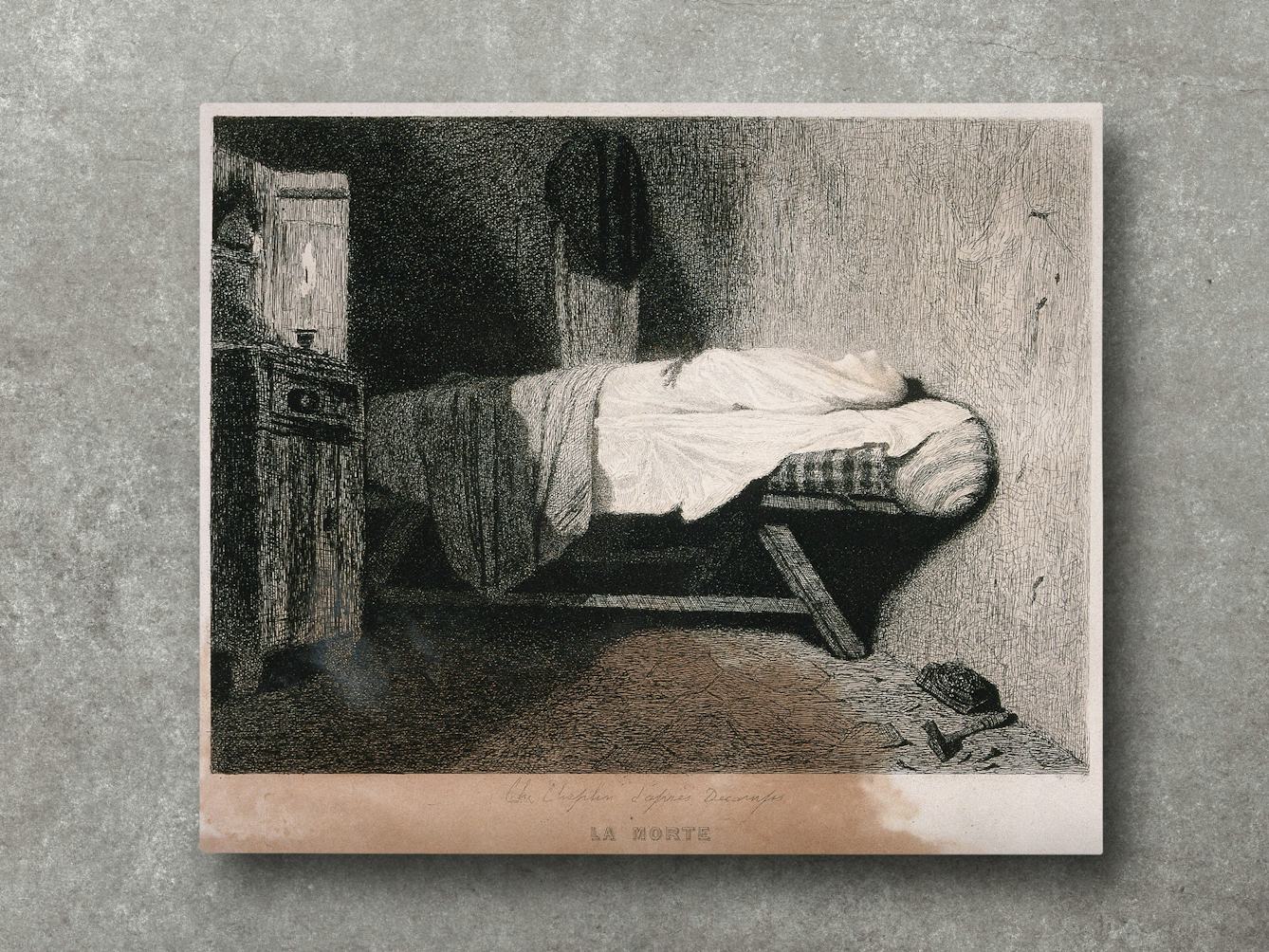
- Article
- Article
Why we no longer keep our dead at home
Today in the UK we rarely sit with, touch, or perhaps even see our loved ones after they’ve died. Past practices were very different and, Claire Cock-Starkey argues, were more helpful for those grieving.
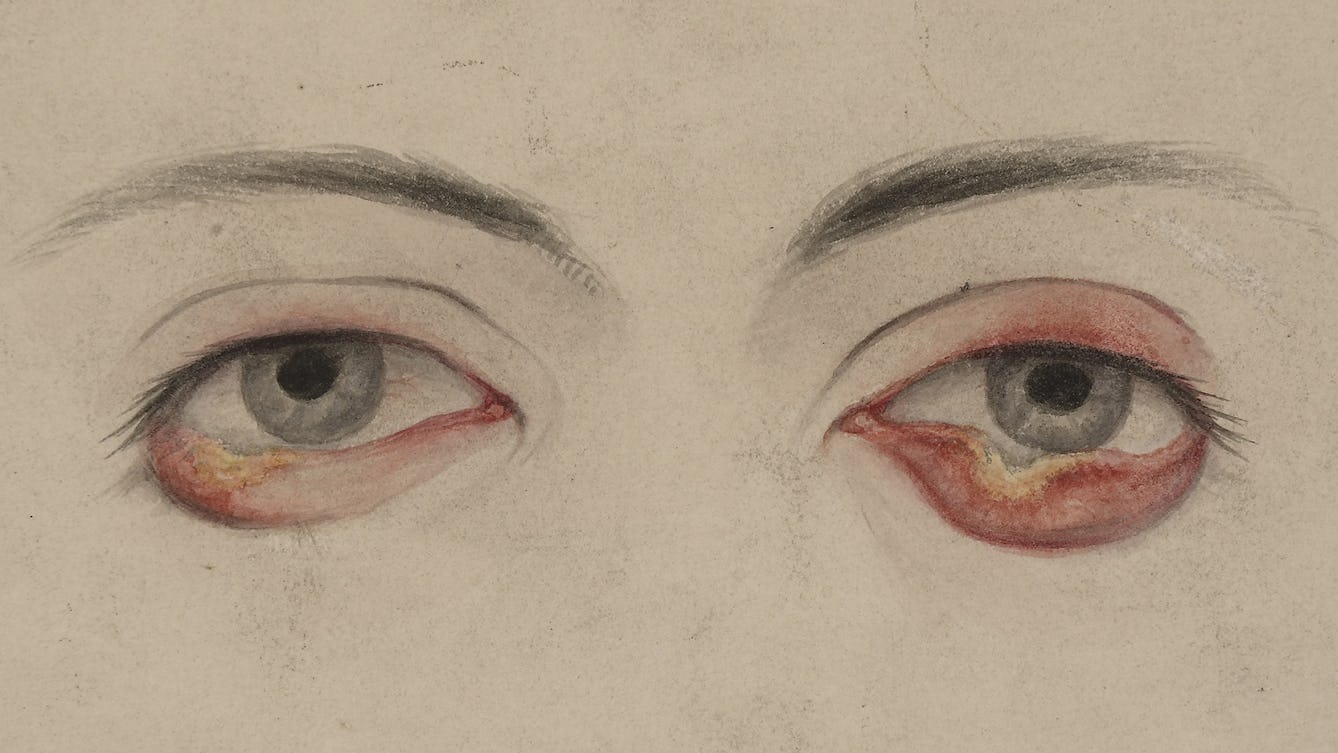
- Article
- Article
The prostitute whose pox inspired feminists
Fitzrovia, 1875. A woman recorded only as A.G. enters hospital and is diagnosed with syphilis.

- Article
- Article
Thalidomide, a bitter pill
Hear from some of the women who took the drug thalidomide over sixty years ago about the fear, isolation and grief that they experienced as the appalling pharmaceutical scandal unfolded around them.

- Article
- Article
Delusional recycling and the problem with plastic
Many of us are guilty of wishful thinking when it comes to our rubbish. Arianne Shahvisi exposes shaky recycling infrastructure and overseas dumping, arguing for an end to waste colonialism.

- Article
- Article
How can I stop fainting?
Fed up with the faints that bolstered her fragile young snowflake image, Gwen Smith sought expert medical help to keep her upright in trying situations.

- Long read
- Long read
Rehab centres and the ‘cure’ for addiction
Guy Stagg takes us on a brief history of rehab centres and their approaches to addiction and recovery.